Stakeholders deliberate on Customs Bill
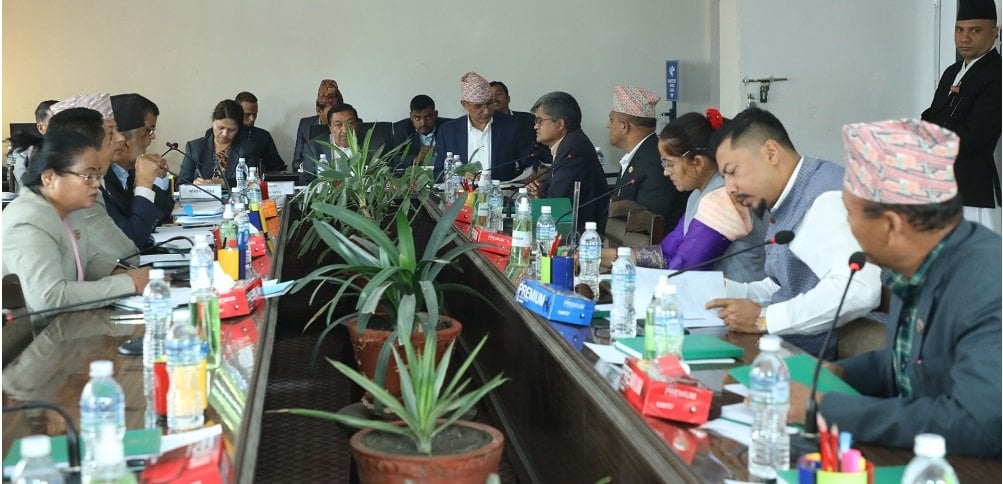 File
File
Kathmandu, January 3 — The Finance Committee under the House of Representatives has started deliberation on the Bill to amend and integrate the Customs Law-2080 BS from today.
Representatives of the Nepal Overseas Exporters Association, Nepal Transit and Warehousing Company Limited and Nepal Intermodal Transport Development Committee deliberated on the Bill that seeks to facilitate and upgrade the customs clearance process by making it systematic, transparent and accountable, making it consistent with the Revised Kyoto Convention.
During the deliberation, Association raised its concern over a provision in the Bill relating to custom charge, arguing that it could impose additional economic burden to entrepreneurs besides putting pressure on cash flow.
The provision of levying an additional 50 per cent deposit on duties and customs charge for inspection of the goods outside of the customs areas is financially taxing for entrepreneurs, criticized the Association, demanding an amendment to the provision.
Likewise, stakeholders recommended that if the value declared by the declarant is more than 15 per cent higher than the value determined by the customs officer, it should be considered under-invoicing. They called for scrapping the value reference book used during customs clearance and pressed for conducting the classification and coding of the goods that came through customs clearance in accordance with the 'harmonized code' within the 15 days.
They also called for clarity on the legal provision regarding the agency responsible for issuing permission for operating warehouse and prioritizing public companies while issuing permission for operation of warehouse.
Similarly, Nepal Transit and Warehousing Company Limited suggested the provision to determine the deadline for the Customs Valuation Review Committee to make decisions within 90 days and if the committee fails to do so within the deadline, the applicant can appeal to the Revenue Tribunal.
Association's Vice-President Anil Kumar Agrawal emphasized the need to define a clear deadline to finalize the files that are under administrative review. It may be noted that Nepal is a signatory to the Kyoto Convention and the World Trade Organization's Trade Facilitation Agreement.
These international conventions mandate that the general provisions of the Revised Kyoto Convention should be implemented within three years and the transitional standards within five years of becoming the signatory party.



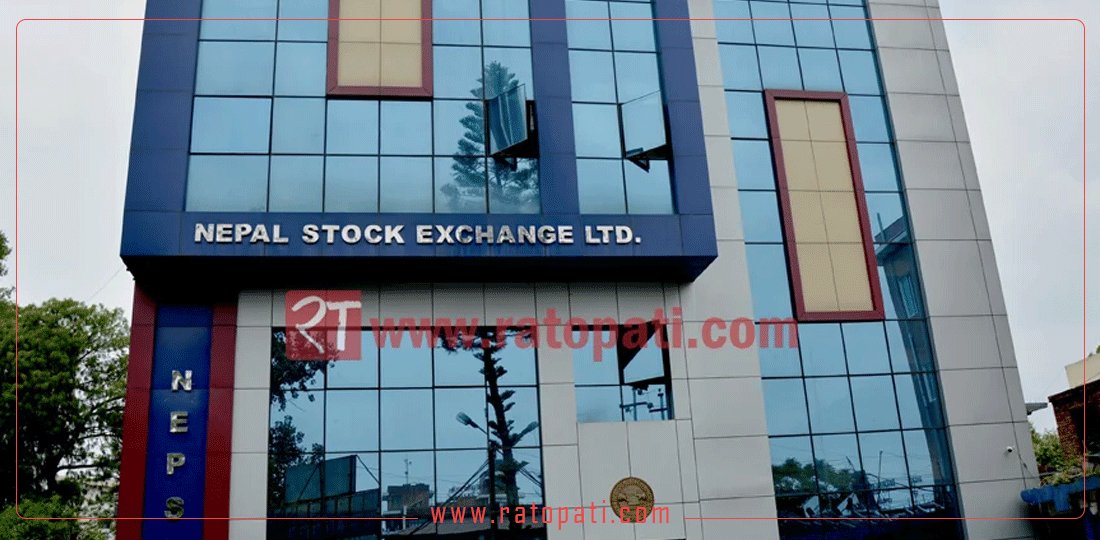
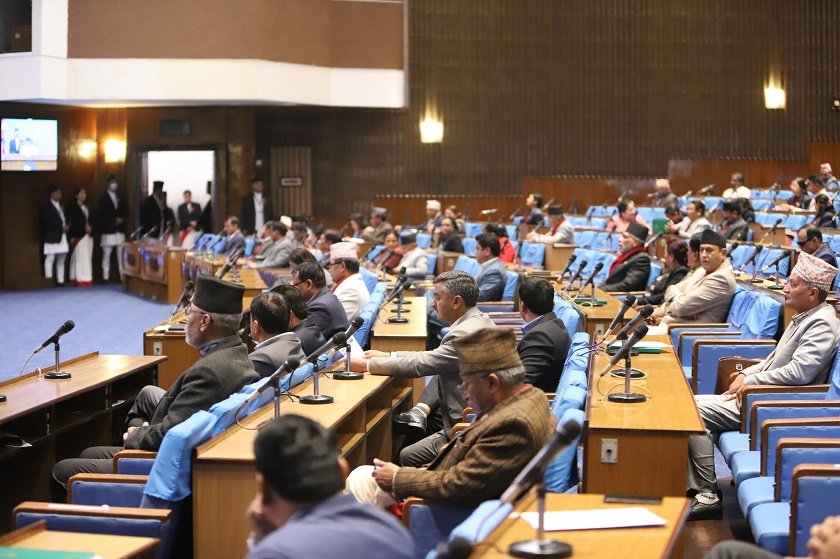
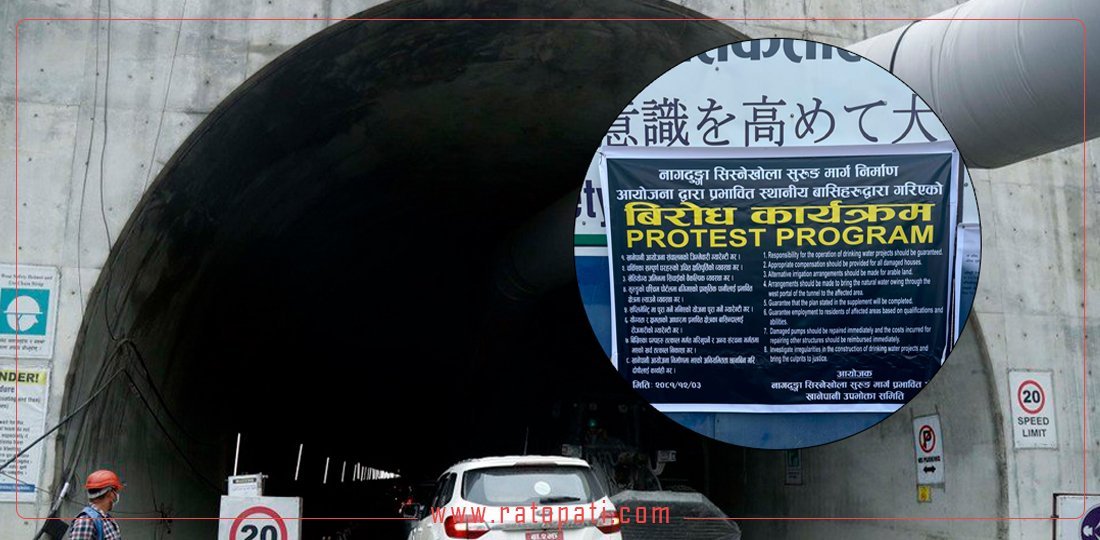
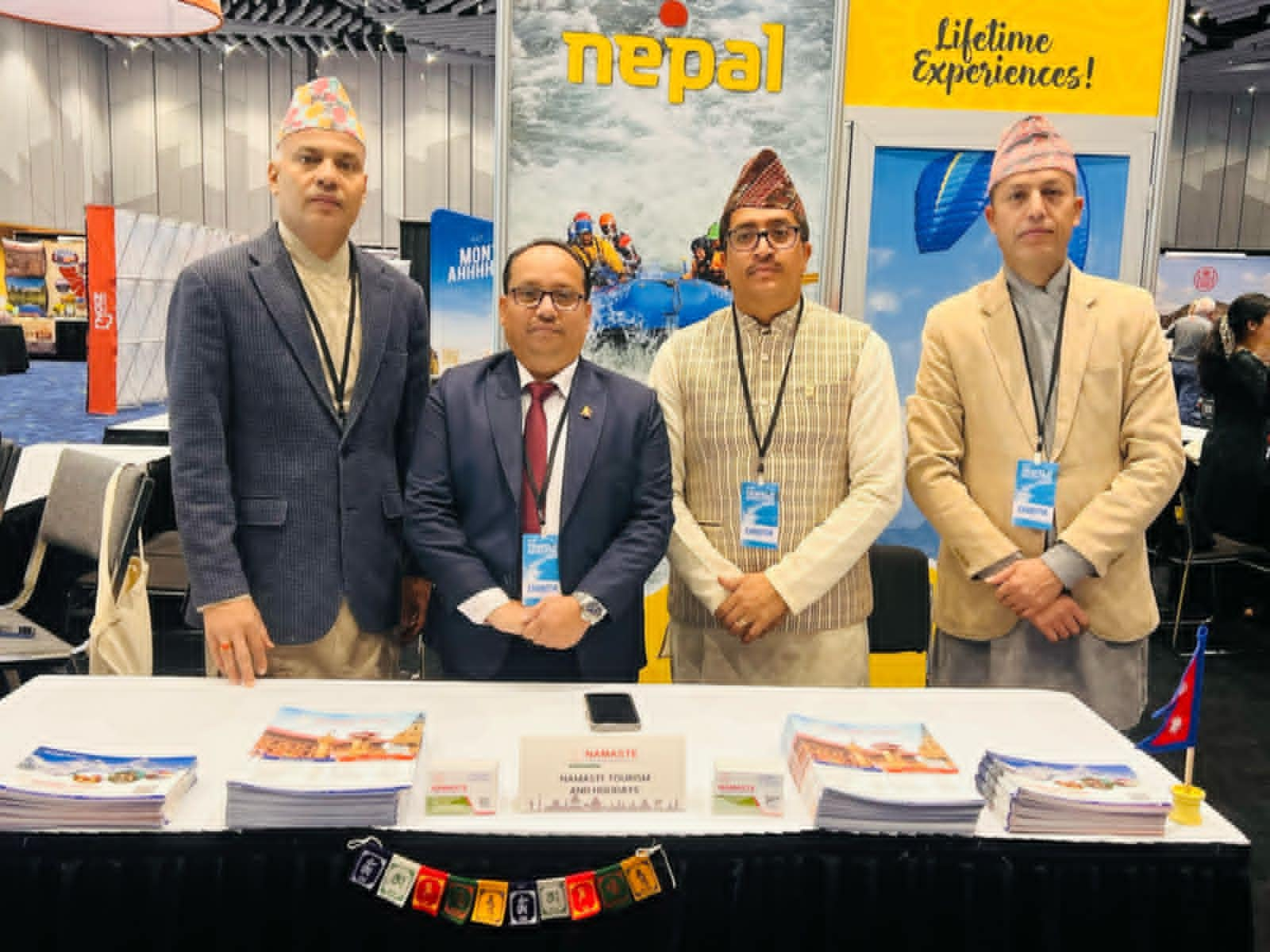
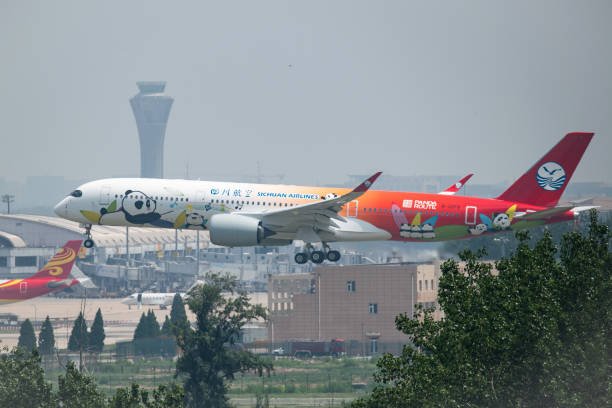
Leave Comment